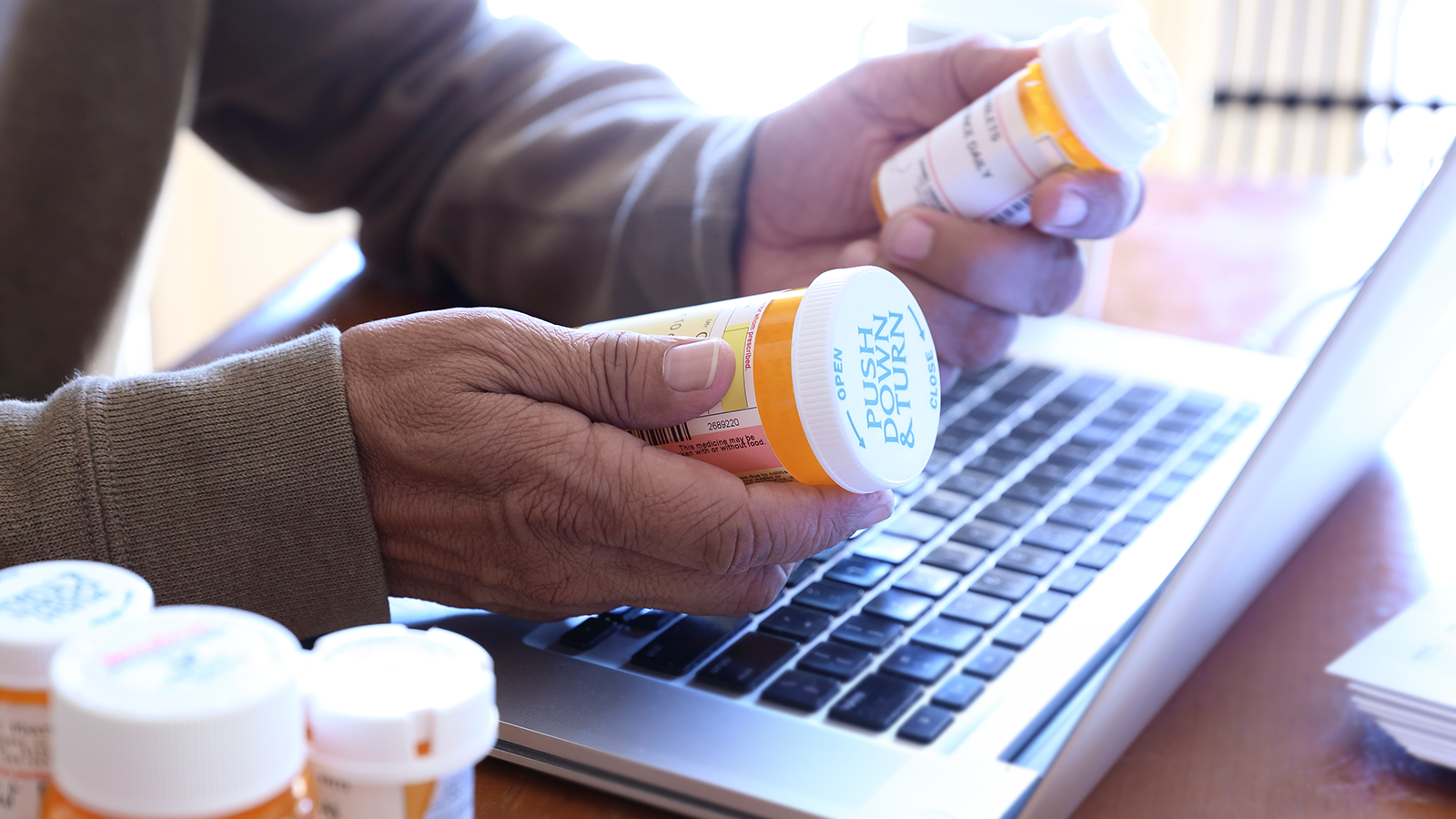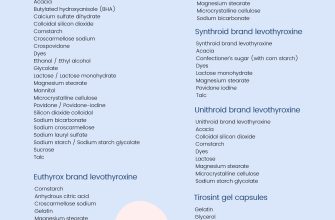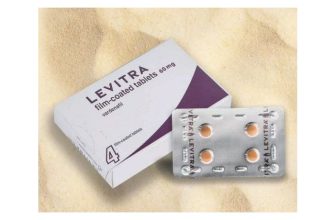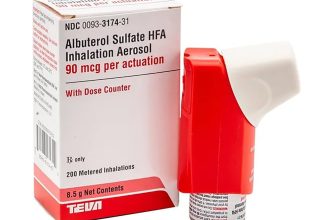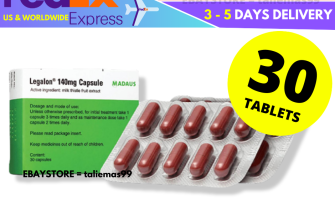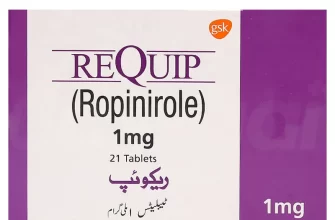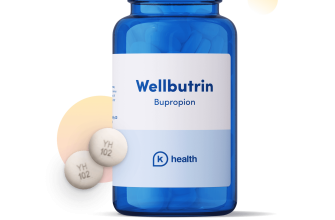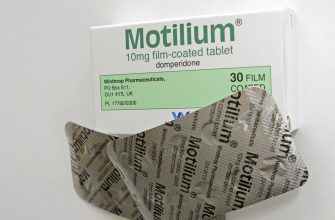Need reliable access to prescription medications? Start by verifying the online pharmacy’s license with your state board of pharmacy. This single step significantly reduces the risk of receiving counterfeit drugs.
Look for pharmacies displaying their physical address and contact information clearly. Legitimate businesses are transparent; hidden details often signal a problem. Check online reviews from multiple sources, focusing on comments about order fulfillment, shipping times, and customer service responsiveness. A consistently high rating across various platforms suggests a trustworthy operation.
Prioritize pharmacies using secure encryption (look for “https” in the URL). This protects your personal and financial data during transactions. Read the pharmacy’s privacy policy carefully to understand how your information will be handled. Avoid pharmacies requesting unnecessary personal details beyond those needed to fill a prescription.
Confirm the pharmacy’s accreditation and memberships with relevant organizations like the National Association of Boards of Pharmacy (NABP) or similar bodies in your region. These certifications provide an additional layer of assurance regarding their adherence to industry standards and patient safety practices.
Remember: Always consult your physician before ordering medications online. They can advise on appropriate dosages and potential interactions with other medications you may be taking. Safe medication use begins with a conversation with your doctor.
- Online Pharmacy Genuine Medications
- Checking Pharmacy Credentials
- Medication Authenticity
- Identifying Legitimate Online Pharmacies
- Verifying Medication Authenticity: Tips and Tricks
- Inspect the Pill Itself
- Using a Reliable Pharmacy
- Additional Resources
- Understanding Prescription Requirements and Safety Protocols
- Protecting Your Personal Information When Ordering Online
- Strong Passwords and Secure Accounts
- Scrutinize Pharmacy Websites
- Payment Security
- Data Minimization
- Beware of Phishing
- Review Pharmacy Reviews
- Comparing Prices and Finding the Best Deals Safely
- Consider these factors beyond price:
- Handling Potential Problems: Returns, Refunds, and Customer Support
Online Pharmacy Genuine Medications
Verify the pharmacy’s license and registration with your country’s regulatory body. Look for a clearly displayed license number on their website, and independently confirm its validity.
Checking Pharmacy Credentials
Check reviews from multiple sources, not just the pharmacy’s own site. Independent review sites often provide unbiased feedback from real customers. Pay attention to comments regarding medication authenticity and delivery times. Avoid pharmacies with overwhelmingly positive reviews – this can be a red flag.
| Verification Method | Action |
|---|---|
| License Verification | Check the pharmacy’s license number against the official regulatory database. |
| Review Sites | Consult multiple review platforms (e.g., Trustpilot, independent medical forums) for unbiased opinions. |
| Secure Payment Gateway | Ensure the pharmacy uses a reputable, encrypted payment system (look for HTTPS). |
| Contact Information | Verify the pharmacy’s physical address and contact details are readily available and verifiable. |
| Privacy Policy | Review their privacy policy to understand how your personal and medical data is handled. |
Always scrutinize the website’s security. Look for the HTTPS protocol in the URL and ensure secure payment gateways are used. A lack of security measures could indicate a fraudulent operation.
Medication Authenticity
Inspect the packaging upon delivery for any signs of tampering or inconsistencies. Compare the medication’s appearance to images provided by the manufacturer. Contact the manufacturer directly if you have any doubts about the medication’s authenticity. Report any suspicious activity to the appropriate authorities.
Prioritize pharmacies with clear and easily accessible contact information, including a physical address and phone number. Avoid those that only provide email contact or are difficult to reach.
Identifying Legitimate Online Pharmacies
Check for verification and licensing. Look for a website displaying a valid license number from a recognized regulatory body, like the NABP (National Association of Boards of Pharmacy) in the US, or equivalent bodies in other countries. This assures the pharmacy adheres to strict standards.
Scrutinize the website’s security. A secure site uses HTTPS (indicated by a padlock icon in your browser’s address bar). This encryption protects your personal and financial information during transactions.
- Contact Information: Verify readily available contact information–a physical address, phone number, and email address–is clearly visible and easily accessible. Avoid pharmacies with only a PO box.
- Privacy Policy: Review their privacy policy to ensure your data is handled securely and responsibly. A lack of a clear policy is a red flag.
- Pharmacist Consultation: Reputable online pharmacies provide consultations with licensed pharmacists before dispensing medication. This allows for proper medication review and prevents potential drug interactions.
Research the pharmacy’s reputation. Look for independent reviews and ratings from trusted sources like online review sites. A high volume of negative reviews might signal problems.
- Medication Pricing: Be wary of exceptionally low prices, which could indicate counterfeit medications or lack of proper quality control.
- Payment Methods: Legitimate pharmacies typically offer secure payment options such as credit card processing through trusted gateways. Avoid those only accepting wire transfers or other untraceable payment methods.
- Return Policy: Check their return policy. A clear and reasonable return policy shows transparency and commitment to customer satisfaction.
If you’re uncertain about a pharmacy’s legitimacy, consult your doctor or a qualified healthcare professional for advice. They can help you identify reputable sources for your medications.
Verifying Medication Authenticity: Tips and Tricks
Check the medication’s packaging for inconsistencies. Look for blurry printing, misspellings, or unusual coloring. Discrepancies often indicate a counterfeit.
Use the manufacturer’s website. Most pharmaceutical companies provide tools to verify product authenticity. Look for a unique serial number or code on your medication and enter it on their website.
Inspect the Pill Itself
Compare your pills to images provided by the manufacturer. Discrepancies in shape, size, color, or markings are red flags. Pay attention to detail!
Contact your pharmacy directly. They can verify the medication’s source and legitimacy. Ask questions, and don’t hesitate to express concerns.
Using a Reliable Pharmacy
Choose licensed online pharmacies. Look for certifications and seals of approval from reputable organizations. Avoid suspiciously cheap prices – they often indicate fake medication.
Read online reviews. Check for comments mentioning authenticity issues or other problems. Positive reviews, especially those highlighting reliable verification methods, are helpful.
Report suspected counterfeits. Contact your local authorities or the FDA if you suspect you’ve received counterfeit medication. Your report can help prevent others from falling victim to scams.
Additional Resources
Utilize third-party verification services. Several independent organizations offer services to help you authenticate medication. Research available options and choose a trusted one.
Always consult your doctor or pharmacist before using any medication, even if you believe it’s genuine. They can provide crucial guidance and ensure the medication is appropriate for your health needs.
Understanding Prescription Requirements and Safety Protocols
Always obtain a valid prescription from a licensed healthcare provider before ordering medication online. This prescription should clearly state the medication name, dosage, quantity, and frequency of administration.
Verify the online pharmacy’s legitimacy. Look for a license number and physical address readily displayed on their website. Check for accreditation from relevant regulatory bodies, such as the NABP (National Association of Boards of Pharmacy) in the US or equivalent organizations in other countries.
Scrutinize the website for secure payment options, using HTTPS protocol for encrypted data transmission. Avoid pharmacies that request payment through unusual or untraceable methods.
Review the pharmacy’s privacy policy. Ensure your personal health information is handled confidentially and securely in accordance with data protection regulations. Confirm their procedures for handling and protecting customer data.
Read customer reviews and testimonials, but be aware that fake reviews exist. Consider cross-referencing reviews across multiple platforms.
Contact the pharmacy directly with questions about their operations or medications. A reputable pharmacy will respond promptly and professionally. Note their response time and helpfulness.
Report any suspicious activity to relevant authorities. If you suspect a pharmacy is operating illegally or dispensing counterfeit drugs, report it immediately to your local health department and law enforcement.
Store your medications appropriately. Follow the storage instructions provided by the manufacturer and your healthcare provider. Keep medications away from children and pets.
Dispose of expired or unwanted medications responsibly. Check with your local pharmacy or waste management services for proper disposal guidelines.
Protecting Your Personal Information When Ordering Online
Only use pharmacies with HTTPS security. Look for the padlock icon in your browser’s address bar. This ensures your connection is encrypted, protecting your data during transmission.
Strong Passwords and Secure Accounts
Create a strong, unique password for your pharmacy account. Use a mix of uppercase and lowercase letters, numbers, and symbols. Avoid using personal information in your password. Consider using a password manager to help you create and manage strong passwords securely.
Enable two-factor authentication (2FA) if offered. This adds an extra layer of security, requiring a second verification step beyond your password, often via a code sent to your phone or email.
Scrutinize Pharmacy Websites
Check the pharmacy’s website for a privacy policy clearly explaining how they handle your data. Legitimate pharmacies are transparent about their data practices. Look for contact information–a physical address and phone number–to verify their legitimacy.
Payment Security
Use trusted payment methods like PayPal or credit cards with fraud protection. Avoid using debit cards directly, as they offer less protection against fraudulent charges. Review your bank and credit card statements regularly for unauthorized transactions.
Data Minimization
Only provide the necessary personal information when ordering. Don’t share more data than required. Be wary of pharmacies requesting unnecessary details.
Beware of Phishing
Never click on links in unsolicited emails or text messages claiming to be from your pharmacy. Contact the pharmacy directly using the contact information found on their official website if you have questions about an order or account.
Review Pharmacy Reviews
Before using a new online pharmacy, research its reputation. Check independent review sites for customer feedback regarding their data security practices and overall trustworthiness.
Comparing Prices and Finding the Best Deals Safely
Check at least three different online pharmacies for the same medication. Use reputable comparison websites, but always verify the pharmacy’s legitimacy independently.
Consider these factors beyond price:
Look for pharmacies licensed in your country or a country with strict drug regulations, such as the US, Canada, or countries in the EU. Check customer reviews on independent sites. See if they offer secure payment options (SSL encryption). A legitimate pharmacy will clearly display its contact information (physical address and phone number). Don’t be afraid to call them with questions.
Beware of suspiciously low prices. They often indicate counterfeit drugs. If a price is significantly lower than average, investigate further. Verify the pharmacy’s accreditation with relevant regulatory bodies. This is crucial for safe medicine sourcing. Consider the shipping costs; sometimes a slightly higher price becomes a better deal when you account for shipping.
Use a price comparison website to aggregate results, but don’t solely rely on it. Always conduct your own due diligence before making a purchase. Save money, but prioritize your health and safety. Only purchase from verified pharmacies with a proven track record. Pay attention to details. This will safeguard your purchase.
Handling Potential Problems: Returns, Refunds, and Customer Support
Check the pharmacy’s return policy before placing your order. Most reputable online pharmacies clearly outline their procedures.
- Look for details on return windows (e.g., 7, 14, or 30 days).
- Note any conditions for returns (e.g., unopened, undamaged packaging).
- Confirm the refund process (e.g., full refund, partial refund, store credit).
If you need to return medication, contact customer support immediately. Explain the situation clearly and provide any necessary documentation (e.g., order number, photos of damaged goods).
- Expect a response within 24-48 hours. Longer wait times may indicate a less reliable pharmacy.
- Keep records of all communication with customer support (emails, chat logs).
- Understand that certain medications (e.g., controlled substances) may have stricter return policies or be non-returnable.
Multiple communication channels usually signal a more customer-focused pharmacy. Look for options like email, phone, and live chat.
- Assess the responsiveness of customer support. How quickly do they answer? Are their responses helpful and informative?
- Evaluate the helpfulness of the support staff. Can they easily address your concerns and resolve issues?
- Consider the availability of customer support. Are they available during convenient hours?
A robust FAQ section can preemptively answer many common questions, saving you time and effort.

